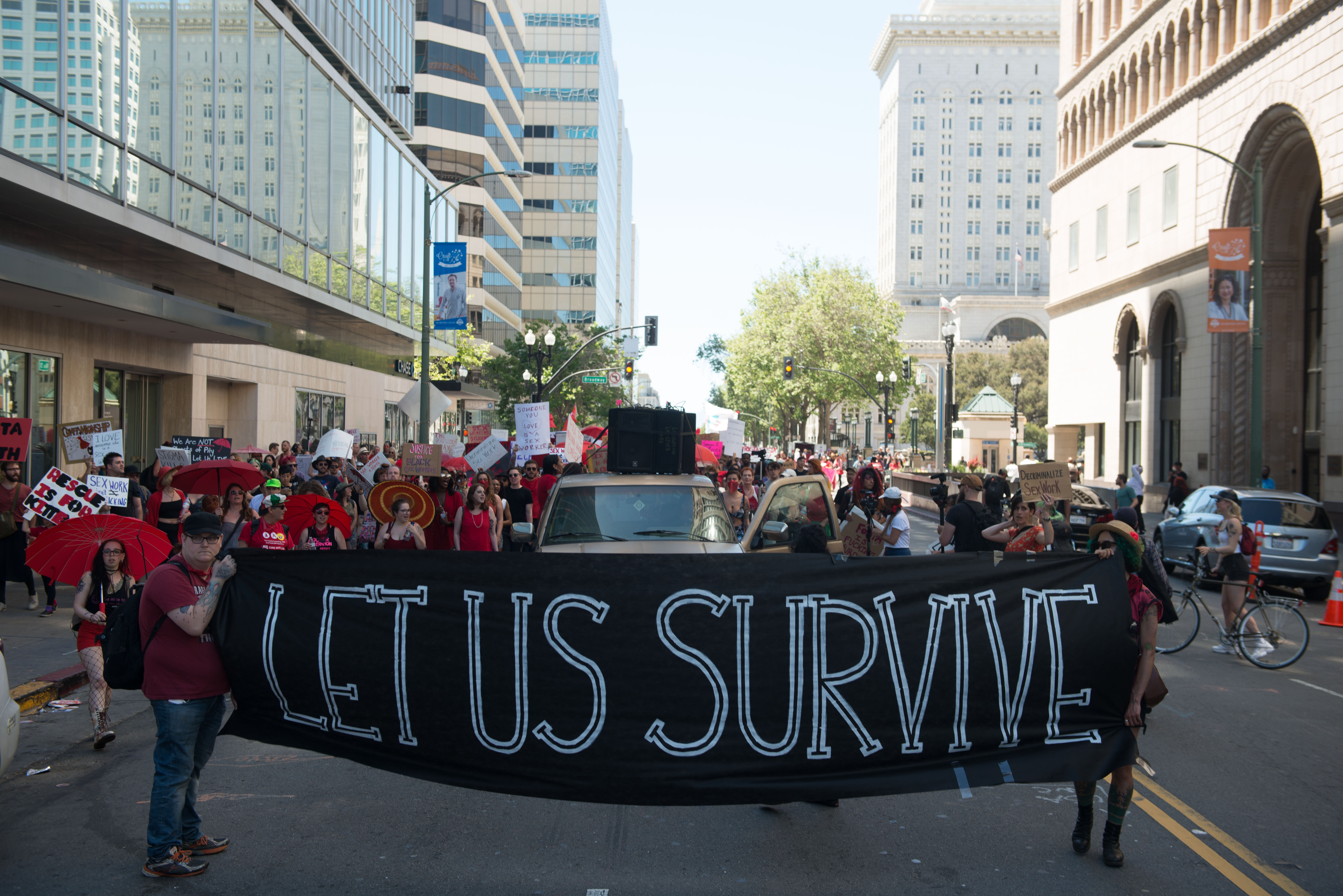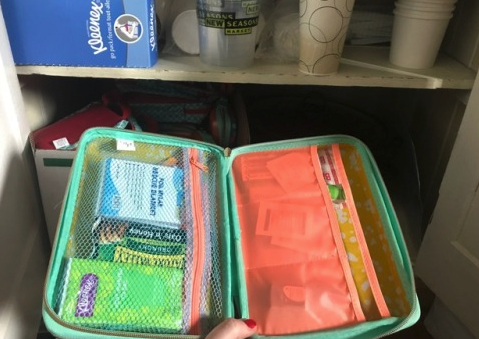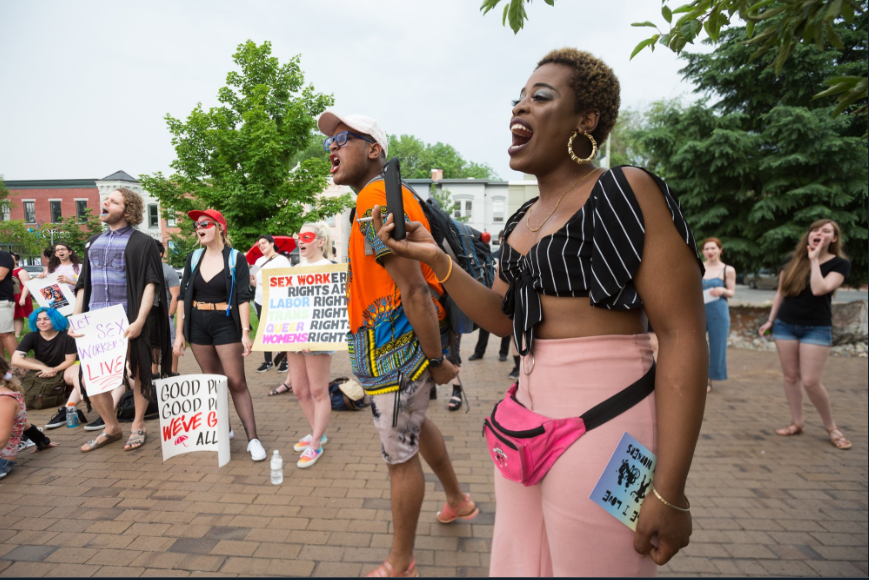Are you working today and feeling like the woman at the center of this Reductress article? Flag-themed negligee has been a stripper staple since the country’s first peeler swung a tassel at an eager soldier. Historians largely agree that Betsy Ross said upon completing the first flag, “Ah, yes. This will make a delightful scrunchy… Continue reading Strippers in Their Flag Bikinis
How To Start A Post-SESTA Emergency Organizing Group
This post was jointly written by Maxine Holloway and Arabelle Raphael, co-founders of BAPS. On the morning after the Senate passed FOSTA we texted each other about whether we should remove our ads from our social media accounts. We weren’t exactly sure what to do and knew that many other people were in the same… Continue reading How To Start A Post-SESTA Emergency Organizing Group
Four Easy Tips For Doing Street Outreach
After the 2016 election I thought I would die if I didn’t do something now, immediately, something tangible where I walked away knowing that both I and the other person were better off after interacting: them with something concrete—whether it was a sandwich or hot coffee or condoms or whatever—and me feeling like I had… Continue reading Four Easy Tips For Doing Street Outreach
Quote of the Week
I have friends that work in the sex industry…One of them is a woman named Daisy Delfina. I was messaging with her and felt like it was worth reading her quote. She said, “Sex work is work. And, like any other business, it’s bad laws criminalizing consensual transactional sex. He just sounds like the typical cheap blank… Continue reading Quote of the Week
International Whores’ Day (And Lobby Day!) Link Roundup
What a week it’s been for sex worker organizing! The first sex worker Lobby Day on June 1st was followed by nationwide sex worker action on International Whores’ Day on June 2nd. Post-SESTA, this annual day of organizing picked up more momentum than ever. Here’s our attempt at curating the coverage of this week’s news… Continue reading International Whores’ Day (And Lobby Day!) Link Roundup



